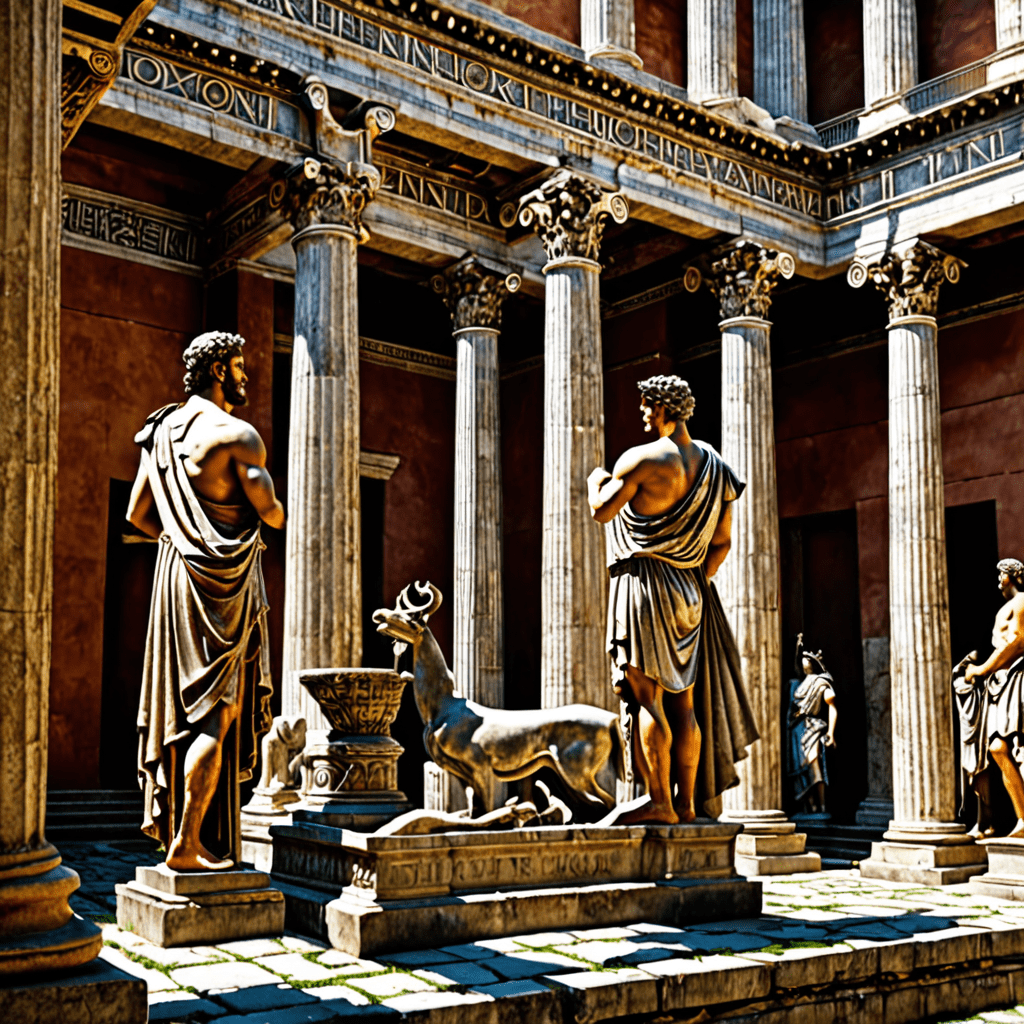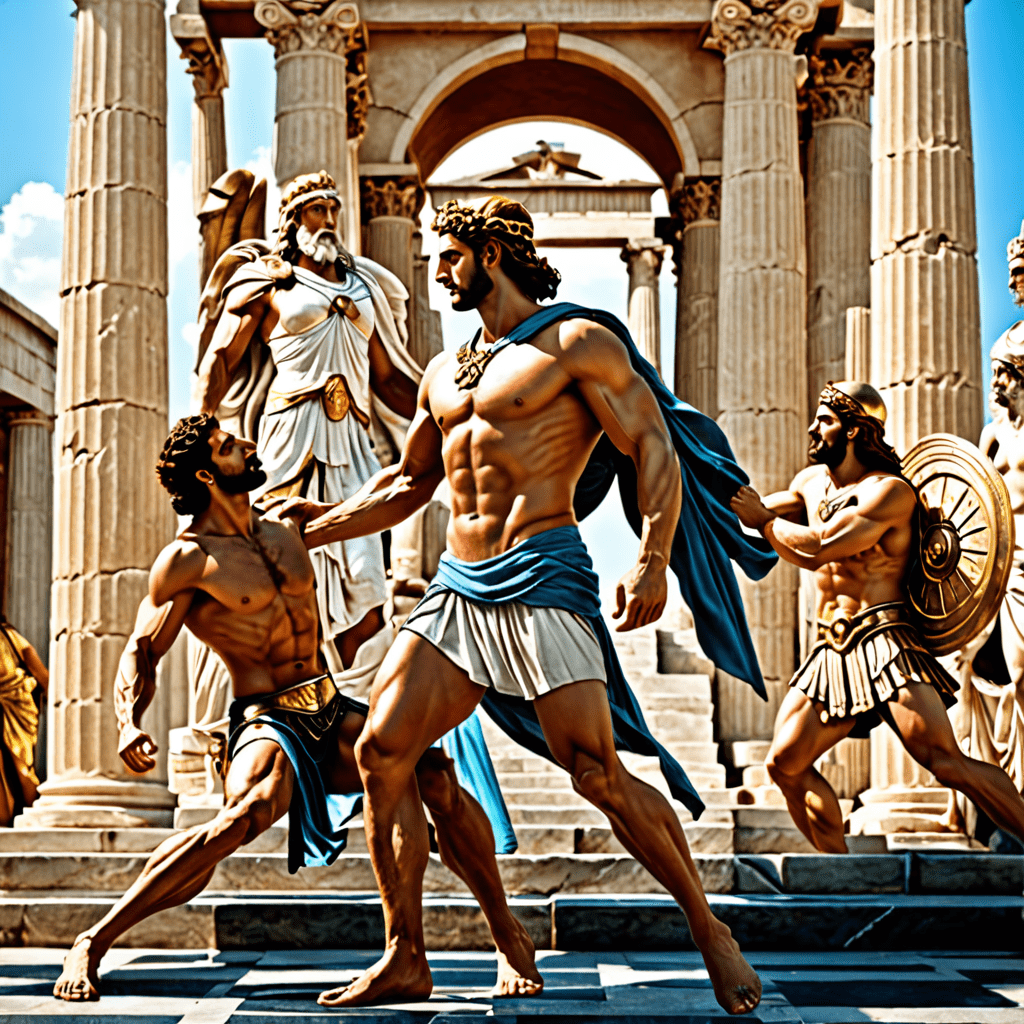The Influence of Roman Mythology on Roman Governance
Introduction
Roman mythology, deeply intertwined with the governing structure of ancient Rome, played a significant role in shaping Roman governance. The influence of Roman myths, legends, and deities can be seen in the laws, rituals, and political decisions made by the Roman leaders.
The Role of Mythology in Roman Governance
Ancient Romans believed that their success as a civilization was dependent on the favor of the gods. This belief manifested in the incorporation of mythology into various aspects of governance. For example, the idea of divine right and the concept of rule by law were often justified through myths and legends.
Mythological stories were used to teach moral lessons, create a sense of unity among the people, and justify the actions of the ruling class. Leaders often emulated mythological figures like Jupiter, Juno, and Mars to project power and authority.
Impact on Legal System and Institutions
Roman mythology influenced the legal system and the structuring of institutions in ancient Rome. The Twelve Tables, the foundational legal code of the Roman Republic, were believed to have been inspired by divine wisdom and were considered sacred. The magistrates and senators also derived their authority from mythological precedents.
The Roman calendar, religious festivals, and public ceremonies were all deeply rooted in mythology. For instance, the Ludi Romani, a series of religious and secular games held in honor of Jupiter, showcased the connection between religion, state, and governance.
Legacy and Modern Influences
Despite the fall of the Roman Empire, the influence of Roman mythology on governance has left a lasting legacy. Many modern political and legal systems bear traces of Roman governance practices intertwined with mythology. The use of symbols, rituals, and rhetoric reminiscent of Roman mythology can still be observed in contemporary political discourse.
In conclusion, the impact of Roman mythology on Roman governance was profound and multifaceted. It shaped not only the legal system and societal institutions but also the cultural identity and political ideologies of ancient Rome. Understanding this influence provides valuable insights into the evolution of governance systems and the enduring power of myth and legend in shaping human societies.
FAQs about The Influence of Roman Mythology on Roman Governance
What role did Roman mythology play in Roman governance?
Roman mythology heavily influenced Roman governance as it provided a foundation for the religious and moral beliefs integral to Roman society. Gods and goddesses were seen as protectors and guides for the state, influencing decisions and policies.
How did Roman leaders use mythology to maintain power?
Roman leaders often associated themselves with gods and goddesses, portraying themselves as divine or appointed by the gods. This connection bolstered their authority and influenced the population to follow their commands.
Were laws and regulations influenced by Roman mythology?
Yes, Roman laws and regulations were often justified or explained through references to mythological stories. These connections helped enforce obedience to laws by emphasizing divine backing and consequences for disobedience.
Did Roman mythology impact the structure of government in ancient Rome?
Absolutely. The very structure of Roman governance, including the division of powers and the roles of different officials, was sometimes justified by reference to mythological tales of gods and heroes. This connection reinforced the legitimacy of the government in the eyes of the people.



